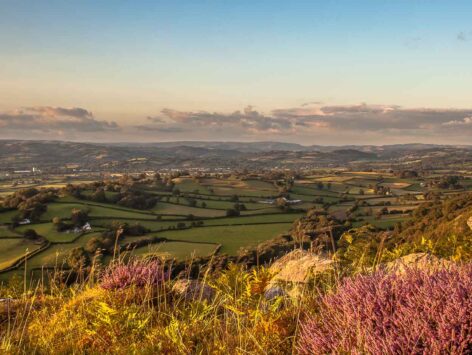Welcome to the Bannau Brycheiniog Ambassador Course.
You will need to take three modules to achieve a Bronze level certificate and become a Bannau Brycheiniog Ambassador.
More modules will be released soon, and you will be able to choose the modules you wish to take, to go on and achieve the Silver and Gold level certificates.
Bronze Certificate – 3 modules
Silver Certificate – 6 modules
Gold certificate – 9+ modules
TIP: Please complete the modules in the language that you started using. We cannot guarantee to keep your score if you change languages.
Modules
Introduction to the Bannau Brycheiniog
- UK National Parks
- What do National Parks do?
- The Bannau Brycheiniog National Park Authority
- Bannau Brycheiniog National Park - Location
- Bannau Brycheiniog National Park Geography and Geology
- The role of National Park Committee members
- Sustainable tourism policy
- What do we expect from our Ambassadors
- Visitors to the Park
- UNESCO Global Geopark and International Dark Sky Reserve status
- Volunteering with the Bannau Brycheiniog National Park Authority
Bannau Brycheiniog Towns
- Brecon
- Brecon: A day in the life
- Hay-on-Wye
- Hay-on-Wye: A day in the life
- Talgarth
- Talgarth: A day in the life
- Crickhowell
- Crickhowell: A day in the life
- Abergavenny
- Abergavenny: A day in the life
- Merthyr Tydfil
- Merthyr Tydfil: A day in the life
- Ystradgynlais
- Ystradgynlais: A day in the life
- Bannau Brycheiniog: Llandeilo
- Bannau Brycheiniog: Llandovery


